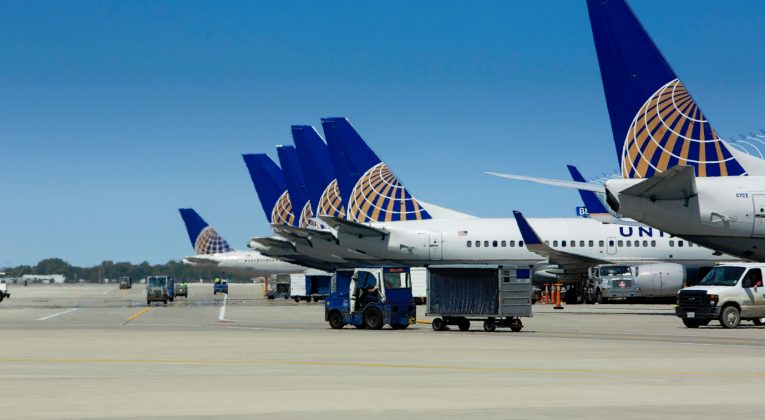How do companies deal with P.R. nightmares of their own making? United’s forcible ejection of a paying passenger from flight UA3411 earlier this month is a textbook example — a perfect storm of bad decisions, both leading up to the incident and in its subsequent handling by company chief Oscar Munoz. The airline’s image, less than sterling to begin with, was deeply tarnished.
As part of its recovery efforts, United today published a detailed accounting of the events of April 9, and a list of 10 “substantial changes to how it flies, serves and respects its customers.”
Here, verbatim, are the 10 items United is committing to:
- Limit use of law enforcement to safety and security issues only.
- Not require customers seated on the plane to give up their seat involuntarily unless safety or security is at risk.
- Increase customer compensation incentives for voluntary denied boarding up to $10,000.
- Establish a customer solutions team to provide agents with creative solutions such as using nearby airports, other airlines or ground transportations to get customers to their final destination.
- Ensure crews are booked onto a flight at least 60 minutes prior to departure.
- Provide employees with additional annual training.
- Create an automated system for soliciting volunteers to change travel plans.
- Reduce the amount of overbooking.
- Empower employees to resolve customer service issues in the moment.
- Eliminate the red tape on permanently lost bags by adopting a “no questions asked” policy on lost luggage.
Several of the policies are nothing more than common sense, and leave one wondering why they weren’t in place previously. Increasing the maximum compensation for involuntary bumping to $10,000 makes for a nice headline, but it has the whiff of a public relations stunt about it. And the distinctly vague commitment to reduce overbooking is likely to strike many as tone deaf and unresponsive.
Today on CNBC, Southwest CEO Gary Kelly committed to eliminating overbooking entirely “very shortly.” United could have done the same, and probably should have. It’s the right thing to do, and it would have been a much needed feather in United’s cap.
Related:
The list is accompanied by a statement attributed to CEO Munoz, likely crafted by his P.R. team, that reads in part as follows:
Our review shows that many things went wrong that day, but the headline is clear: our policies got in the way of our values and procedures interfered in doing what’s right. This is a turning point for all of us at United and it signals a culture shift toward becoming a better, more customer-focused airline. Our customers should be at the center of everything we do and these changes are just the beginning of how we will earn back their trust.
Of course, that’s what United should have said two weeks ago, instead of blaming the affected passenger and defending the airline’s own actions, responses which further outraged United’s many critics.
United will survive this debacle, but not because it learned from its mistakes and will perform appreciably better in future. Rather, it will survive because it’s one of the Big 4 airlines that control more than 80 percent of the domestic air-travel market. It’s too big to fail. Unfortunately for the traveling public, that means United will walk away from this incident little changed, and the lot of flyers will be little improved, if at all.
Reader Reality Check
Do you see any good coming from the United incident?
After 20 years working in the travel industry, and almost that long writing about it, Tim Winship knows a thing or two about travel. Follow him on Twitter @twinship.
This article first appeared on SmarterTravel.com, where Tim is Editor-at-Large.



“United will walk away from this incident little changed, and the lot of flyers will be little improved, if at all.”
Unfortunately, I think you’re right. And when you add to it the recent incidents of the alleged assault by the American flight attendant on the mother with the stroller and the baby, and the report of Delta flight attendant refusing to let a passenger with a physical emergency go to the rest room (and then humiliating him and throwing him off the plane and cancelling his ticket, it does appear that concern for consumers is not likely to motivate the three legacy airlines to “do the right thing.”
It seems to be up to Congress, who immunized them from consumer protection laws, to do what’s necessary to get their attention.
How about getting rid of basic economy?